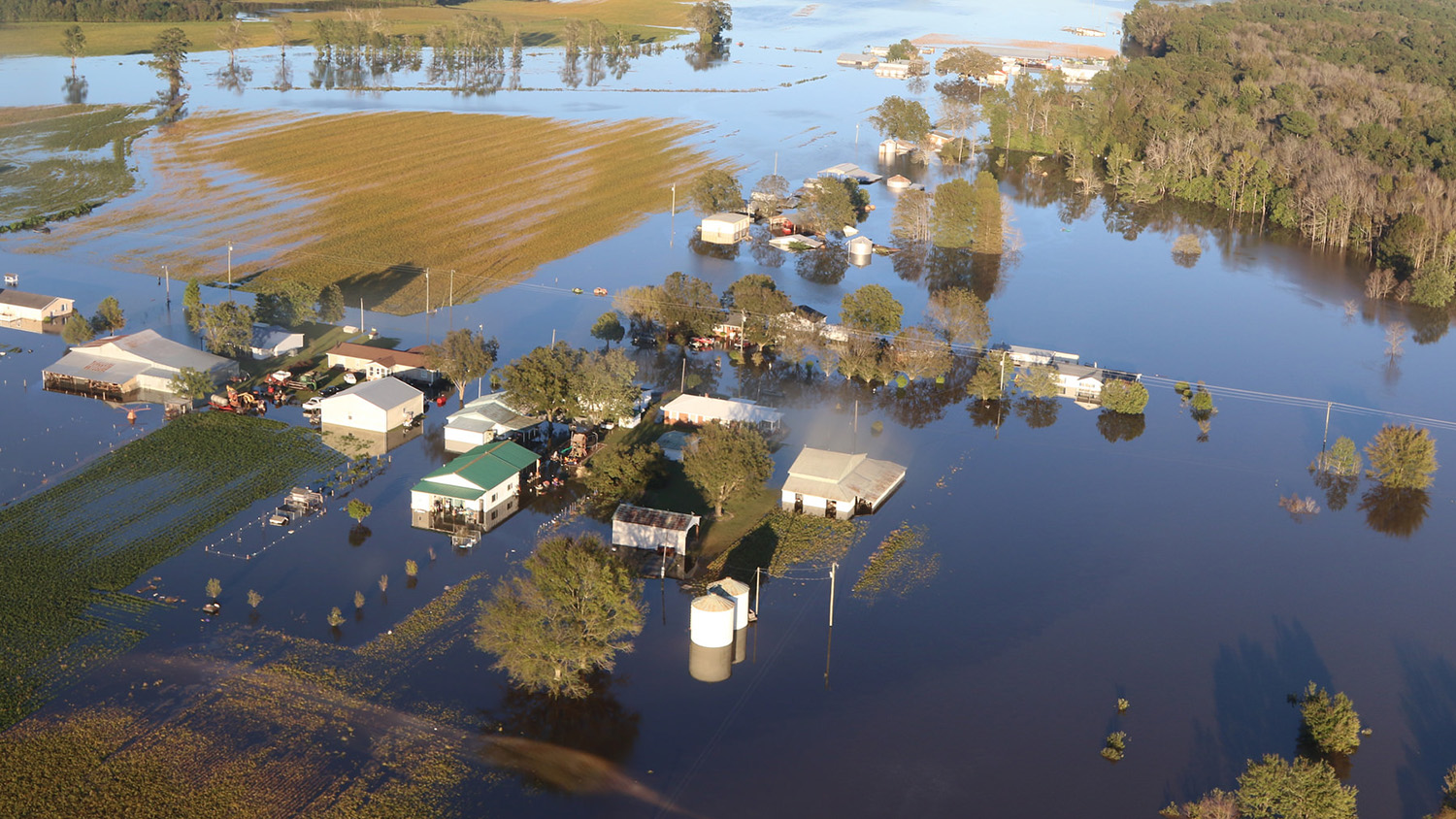Study Finds NC Coastal Officials Eschew Climate Planning Until They See Damage

When is the best time to start planning for an emergency? Is it better to get a head start, or wait until a problem manifests? A recent study finds that local officials in coastal North Carolina are unlikely to plan for the effects of climate change until they perceive a threat to their specific communities.
“If public officials are supposed to be planning for the future, waiting until a threat is apparent really limits the amount of lead time that public agencies have to prepare,” says Brian Bulla, lead author of a paper on the study.
“We found that many public officials need to see damage before they’re willing to act,” says Bulla, an assistant professor at Appalachian State University who did the study while a Ph.D. student at NC State.
The study was designed to see what characteristics made public officials more likely to embrace the idea of “adaptive decision making” in regard to climate change. Adaptive decision making refers to efforts to put policies in place that account for the anticipated impact of climate change, such as modifying infrastructure.
For the study, researchers surveyed 88 local government officials across all 20 of North Carolina’s coastal counties. They found the variable that most closely correlated with willingness to pursue adaptive action was the extent to which an official perceived climate change as a threat to his or her community. Political ideology showed a significantly less robust correlation, and the extent to which officials professed knowledge about climate change was not correlated at all.
“The finding highlights the need to use information about the likelihood of specific climate impacts in communities when communicating with local officials,” says NC State’s Elizabeth Craig, who co-authored the paper.
The paper, “Climate change and adaptive decision making: Responses from North Carolina coastal officials,” is published online in the journal Ocean & Coastal Management.
- Categories:


